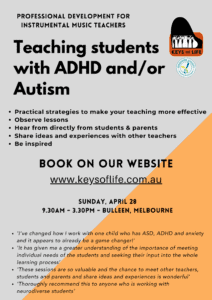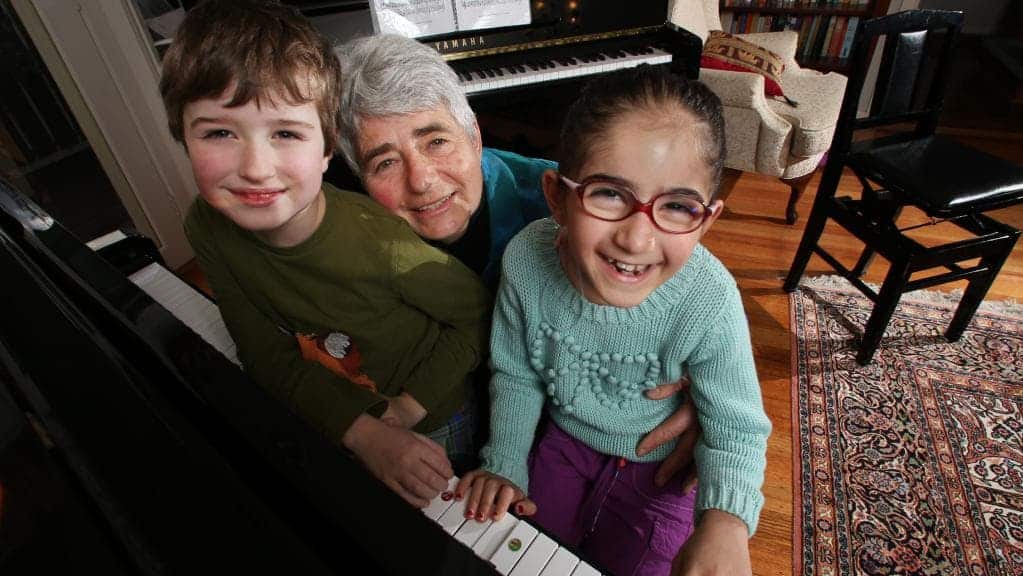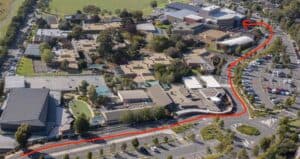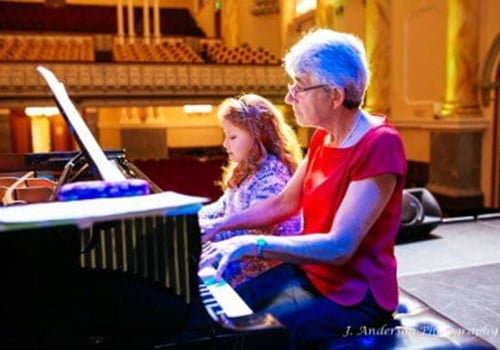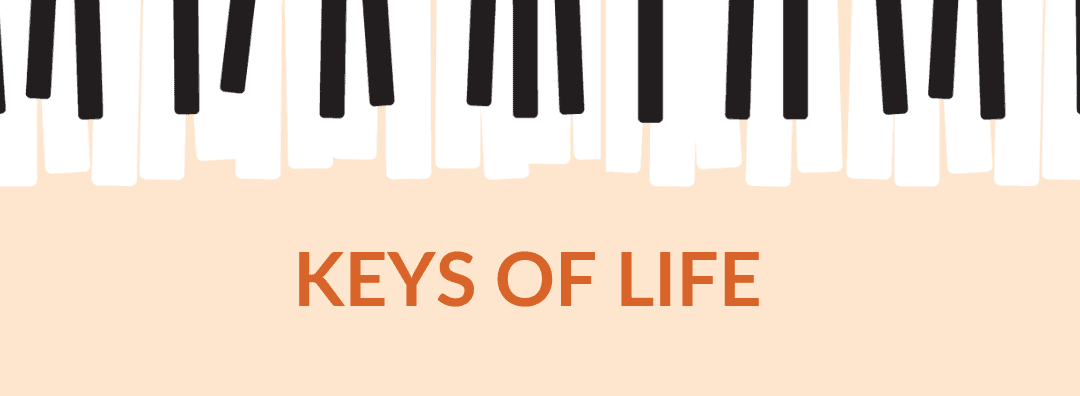
Newsletter Spring 2024
Welcome to our Winter Newsletter. It feels like it has been a long and dreary winter, but at Keys of LIfe, it has been anything but dreary with the last few months being jam-packed with events and activities.
Training update
On June 27, we ran our first webinar in partnership with the Association of Music Educators in Victoria (aMuse). The webinar ran from 6pm to 7.30pm and whilst there were only eight participants, it was a very successful exchange of teaching and learning ideas. There are plans to run a second webinar later in the year.
On Sunday, July 14, thirty two music teachers and music therapists from across the country joined in on a free, online training course run from Daphne’s house. The course included live lessons delivered by Daphne, presentations from parents and the chance for the professional exchange of ideas and experiences. The feedback was once again very positive and highlighted the need for such personalized and targeted training.
Some feedback from the participants when asked what was the most useful aspect of the training?
- Reaffirm and remind me of some strategies I have forgotten to use
- All the videos and practical examples of teaching students
- watching the process live and then the discussion immediately afterwards – great reinforcement of the principles and flexibility required
- Live demonstration
- Seeing Daphne teach. Getting ideas for resources (sheet music/Suzuki, teaching aids and sensory aids).
- Demonstration student lesson
- Watching Daphne in action. I also enjoyed the slide presentations and ideas for further reading.
- Watching videos & demo lessons
- Live lessons and PPT slides
From the Board
Whilst not always highly visible, the Keys of Life Board nevertheless continue to work tirelessly (and voluntarily!) in their important governance capacity. Here is a brief summary of their most recent priorities;
- seeking funding for a number of projects and activities.
- identifying people who might take up roles as Board members when a number of longer serving Board members will retire over the next 18 months or so.
- planning for the future and considering a number of scenarios about what KoL might look like.
- actively managing risk, for example cyber security and privacy, after putting in place a risk management framework.
This important governance, planning and strategic leadership is an important part of the work of the board and ensures that the operational and practical matters can be implemented effectively and for which we are all extremely grateful. Keep up the great work team!
 Welcome Dinesh Kuhadas
Welcome Dinesh Kuhadas
An accountant by training, Dinesh is a member of Janus Henderson Investors Australian Fixed Interest Team and is focused on fixed income and credit investing.
He is a parent of one of Daphne’s students and has witnessed first-hand the wonderful impact the gift of music has had on special needs children and their families.
He is inspired by Daphne’s and the Keys of Life’s work, and was very happy to accept and invitation to join the Board in 2024.
The “Welcome Sessions” – Social Music Group update
What do Irish Waltzes, songs about bogs that “rattle’ and the occasional riff from Fur Elise have in common? They all happen at the Thursday night “Welcome Sessions” social music-making group.
The “Welcome Sessions” have been running now for nearly two years, and have developed quite a repertoire of folk instrumental tunes. The music is mainly drawn from the Irish folk tradition of waltzes, reels and jigs, with the afore-mentioned song “The Rattlin’ Bog” thrown in for a bit of fun; it also makes the most of our player, Matthew’s, wonderful bass voice!
Currently there are six members – three pianists, a fiddle player, a guitarist and a uke player – mainly young adults and a couple of parents. It’s really great having parents join in. After all, where do all talented young players inherit their musical gifts from?! Tunes are learned by ear, phrase by phrase, and some basic chords added in for good measure.
The “Welcome Sessions” are becoming quite seasoned performers, with regular small gigs which give the chance to work on performance skills. No week is complete without the “Grand Finale Bow” at the end, directed to our audience of one or two parents in the room, who respond reliably with enthusiastic applause!
The “Welcome Sessions” players enjoy their weekly session and have developed their musicality and their listening skills in order to play with each other and their social network.
“Welcome Sessions” is open to any new player, including parents. Support is on hand to help new members settle into the group. Please don’t hesitate to contact Keys of Life via info@keysoflife.com.au or tutor Judy judy.quasitrad@icloud.com, to find out more about the joining or booking the group for your next gig.
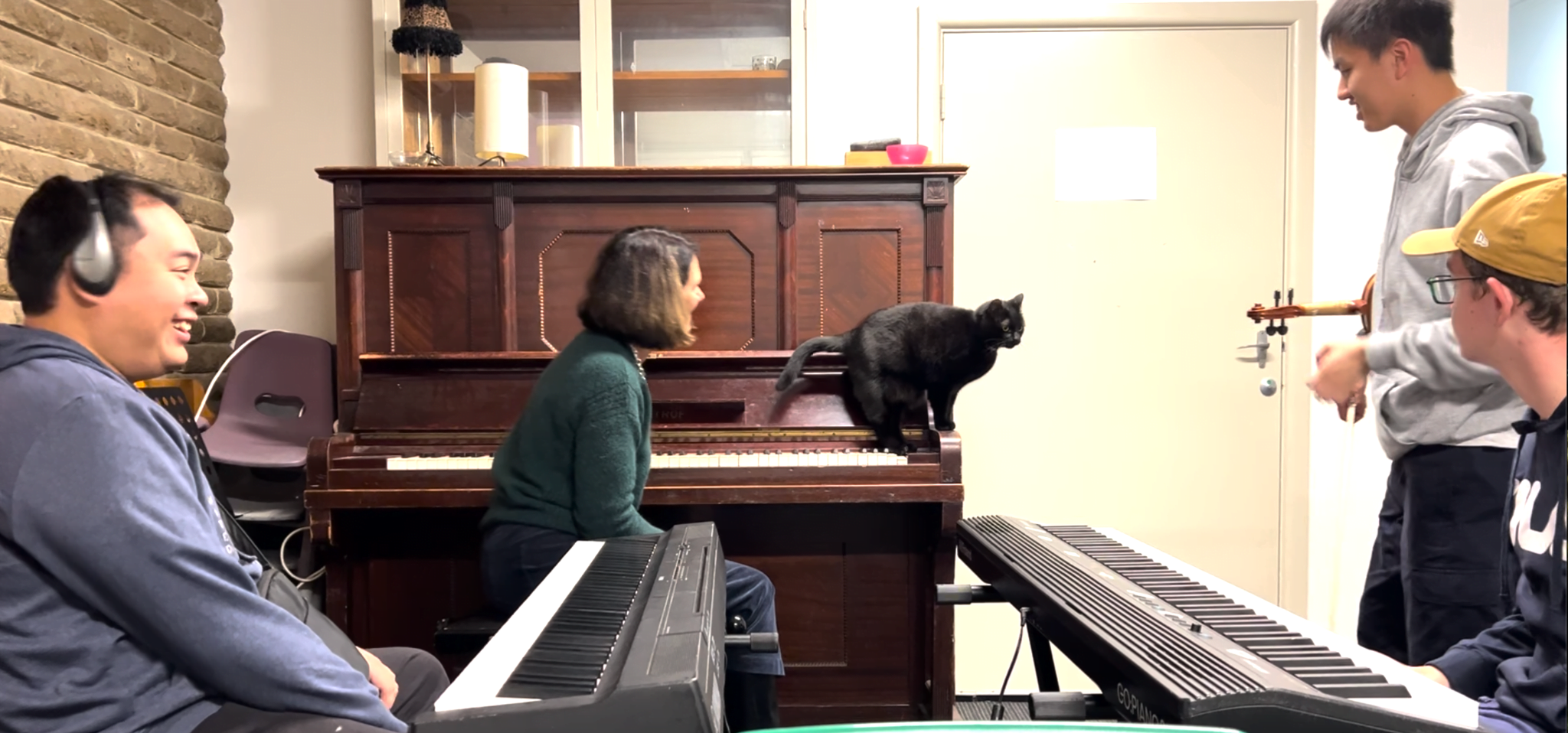
Everyone is welcome at the “Welcome Sessions” on a Thursday night – even the local cat!
Training expressions of interest 2025
 We are constantly looking for feedback and input from our course participants in order to develop better and more effective training opportunities. With that in mind, we are seeking expressions of interest from music teachers who might be interested in participating in a three-day comprehensive training program in mid January 2025.
We are constantly looking for feedback and input from our course participants in order to develop better and more effective training opportunities. With that in mind, we are seeking expressions of interest from music teachers who might be interested in participating in a three-day comprehensive training program in mid January 2025.
This course would involve practical as well as theoretical sessions as well as the opportunity to hear directly from neurodiverse students and their parents who have learnt piano with Daphne.
Expressions of interest can be lodged by emailing info@keysoflife.com.au
Advocacy & building networks
An important element of the work of Keys of Life is creating learning & performance opportunities and advocating for neurodiverse students and educating music teachers. Part of this involves building networks and raising the profile of the work of the Foundation and to this end, it has been a busy few months. Below is a summary of what has been happening lately.
Joint webinar
On Wednesday 27 June, Keys of LIfe and aMuse delivered a webinar entitled “Engaging neurodiverse learners through practical music making”. The webinar was well received and provided a great opportunity to share and exchange ideas and experiences.
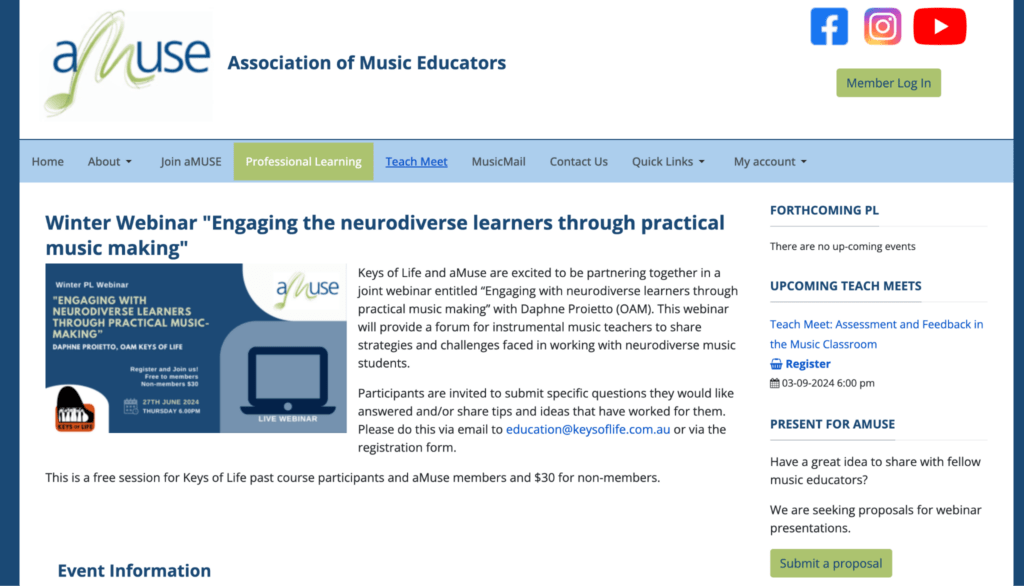
On Tuesday 30 July, Daphne met with a group of Master of Teaching students at Deakin University. These students were all experienced musicians who were gaining their formal teaching qualifications at the masters level. The session was very well received and highlighted the importance of initiating discussions around working with neurodiverse children, at all levels.
Dandenong presentation
On Wednesday 17th July, Daphne gave a talk to members of the Open Door Charity run by Dandenong Catholic Diocese. A number of people joined in on-line as well as in-person and it was a great chance to share the work of Keys of Life. Aban Mimar also spoke via Zoom, sharing her musical journey with Daphne and the enormous impact that music has had on her life.
aMuse F-10 State Conference
On Sunday 25 August, Daphne and three of her students presented at the statewide conference delivered by the Association of Music Educators of Vicotira (aMuse). It was a great success and provided the opportunity to profile Daphne’s extraordinary work as well as the work of the Foundation.
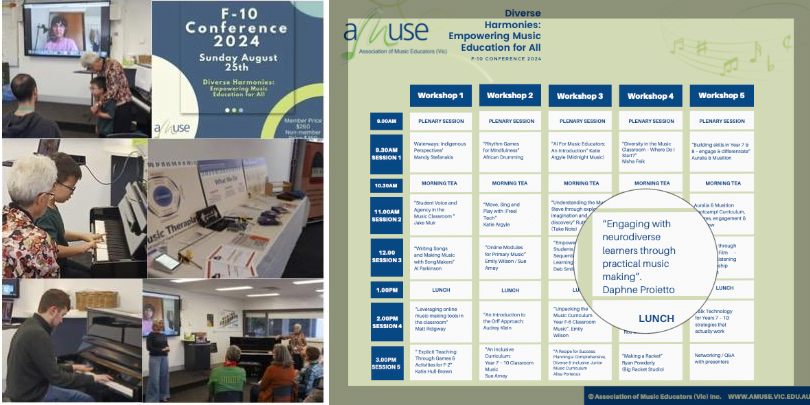
Keys of Life building capacity and creating opportunities
One of the key objectives of Keys of LIfe is to create opportunities for neurodiverse students not just as performers but in the broader life pursuits. Aban Mimar has been learning piano with Daphne since she was aged 5 – she is now 16 and in recent times has been a regular speaker at KoL training events. Most recently, she traveled to Adelaide to speak along with Daphne, at the Music Teachers Association of South Australia annual conference. Below is a transcript of the speech she gave.
Hi, my name is Aban and I have cerebral palsy.
Now, the first thing I need to do today is play a little myth busters before I actually go insane. When you Google cerebral palsy, you are instantly bombarded with websites which will instruct you on how to support your child who has CP, how to get them through school, how to get them a job, and the list goes on. You will find that the images that come up almost always feature kids with wheelchairs, or splints, or walkers or crutches etc etc.
Well the first thing that you must understand about CP is that it doesn’t magic itself away when a person turns 18. If you’re on the bus, you’re on it for life. Second thing that you need to understand is that CP is INSANELY broad. No one size fits all. So, let’s have a look at the wonderful, terrible, trashy, amazing world of cerebral palsy.
And for that we need… cube!!!!
While I was researching CP, I discovered that the condition is best viewed as having three dimensions. First, we have the three types of CP: spastic, dyskenetic, and ataxic. Spastic CP is the most common and causes an excess of muscle spasticity (or, tightness). This can often be obvious in a person’s joints, such as elbows, wrists, hips and knees, essentially causing the person’s body to want to curl into itself. Dyskinetic CP causes the person to experience involuntary movements, such as twisting and dance-like movements. Last, but certainly not least, is ataxic CP, which causes shakiness, issues with coordination, and a TERRIBLE sense of balance. And just to confuse the world, people can have multiple types of CP, This is called ‘mixed cp’ but we’re not getting into that.
Now, CP can also be present in different parts of the body. Diplegia describes cases when both legs are affected, and arms may also be affected, though to a lesser extent. Hemiplegia describes cases where one side of the body, so one arm and one leg, is affected, Quadriplegia describes cases when all four limbs are affected, with the VIP bonus of the trunk and face also being affected!
Finally, CP can vary significantly in severity. There are three main systems by which the severity of CP is ranked. Communication Function Classification System, or CFCS, is used to judge how well a person can communicate. It ranges from level 1, where the person can communicate clearly in most instances, to level 5, where a person is seldom able to effectively communicate, even with people they know. The Manual Ability Classification System, or MACS, is used to judge a person’s ability to use objects in everyday activities. It ranges from level 1, where the person has little issue handling objects, to level 5 where the person cannot complete even simple actions. The Gross Motor Function Classification System, the GMFCS, classifies a person’s gross motor skills, such as their ability to sit and walk. It ranges from level 1 where a person can walk and climb independently but have some issues with speed, balance and coordination to level 5 where a person constantly needs a wheelchair and struggles with maintaining head and trunk posture.
Now, in all of this whirl of information, there’s me. I have quadriplegic, ataxic cerebral palsy, and am either ranked GMFCS 1 or 2, depending on the day and the doctor. I experience muscle weakness, a lack of balance and coordination, tremors, chronic fatigue and chronic pain. I’ve basically been written by Shakespeare.
I began playing piano when I was five, back when my hands were too weak to push down a single note. Ms Daphne spent literal YEARS gently working on my ability to push keys down, form chords, coordinate myself so that I could play with both hands. She and my parents endured tears and tantrums as I, in my own eyes, failed. The kids at school picked up instruments and learned to play half-decently in a week, while I couldn’t perfect a piece even after years of playing. Even when I got all of the notes right, my idiot lack of coordination meant I often struggled when it came to reaching a speed which would string the notes into beautiful melodies. The smooth and meaningful tunes which rose to my ears when Ms Daphne played, or when I listened to recordings of pieces, would fall to shreds under my weak, trembling hands. It was like there was always a barrier between me and the melodies I heard, like my own body was holding me back.
And that was, is, frustrating.
For a long time, this frustration meant that I almost hated the piano. The only thing that kept me playing, for the better part of my life, was my parents’ encouragement, my love of my lessons with Ms Daphne, and pure habit. This lasted until I was in Year 7 – the year in which things changed. I developed a sense of awareness – I began learning about the world, good and bad, and I began caring about grades and my future. This led to depression and anxiety sneaking up on me, emphasising my introverted tendencies, and leading to me spending a lot more time lost in my Spotify playlists. This coincided with me taking the drama elective at school, where we had a wonderful lesson on the importance of music in film; a lesson that messed me up forever. I began listening to the soundtracks in films, noticing how each piece tells a story all on its own, even without the accompanying images.
From here, I began to pick out the notes of songs which I loved on the piano. While my replications were always basic, this activity increased my familiarity with the piano tenfold. I soon after began composing simple pieces, whenever I got in the mood.
And I stopped playing piano just for the sake of playing. Instead, I slowly turned the piano into a tool for boosting my mental health. Now that years of practice had made my hands infinitely stronger and more capable, I played pieces I loved, when I needed too. Instead of pushing myself to the piano for a grudging hour, I drifted over when I needed to take some time for myself, to feel the calm that came with playing pieces that I love. That is what music is meant to be. Do I regret having to practice begrudgingly for the first few years? No! My fine motor skills are so much better for it, and anyway I wouldn’t be able to play as well now if I didn’t practice then.
But, I guess what I’m trying to say is that music is something beautiful and empowering, which has an epic ability to provide comfort and healing. So take that. Listen and play, not just as a passive activity or a tedious exercise as I once thought it to be, but as something deep and meaningful. Let music help you, just as it has helped me.
THE END!!!!
Share the word!
- Do you know someone who wants to become involved in Keys of Life?
- Do you know a teacher who would like to do one of our courses?
- Do you know a child who wants to learn to play a musical instrument?
If so, forward them this newsletter or they can subscribe directly via this link;
https://keysoflife.com.au/news/#subscribe
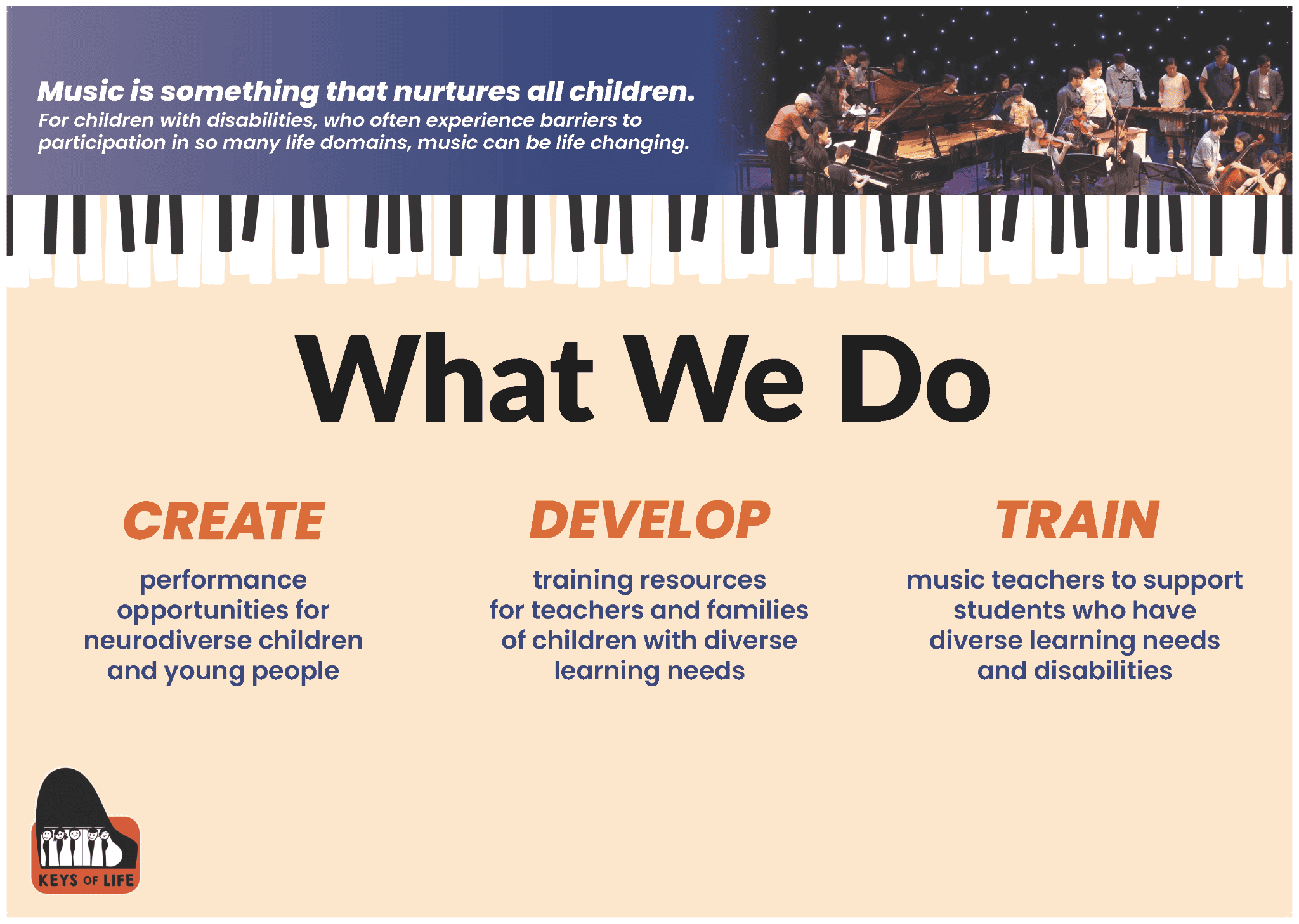

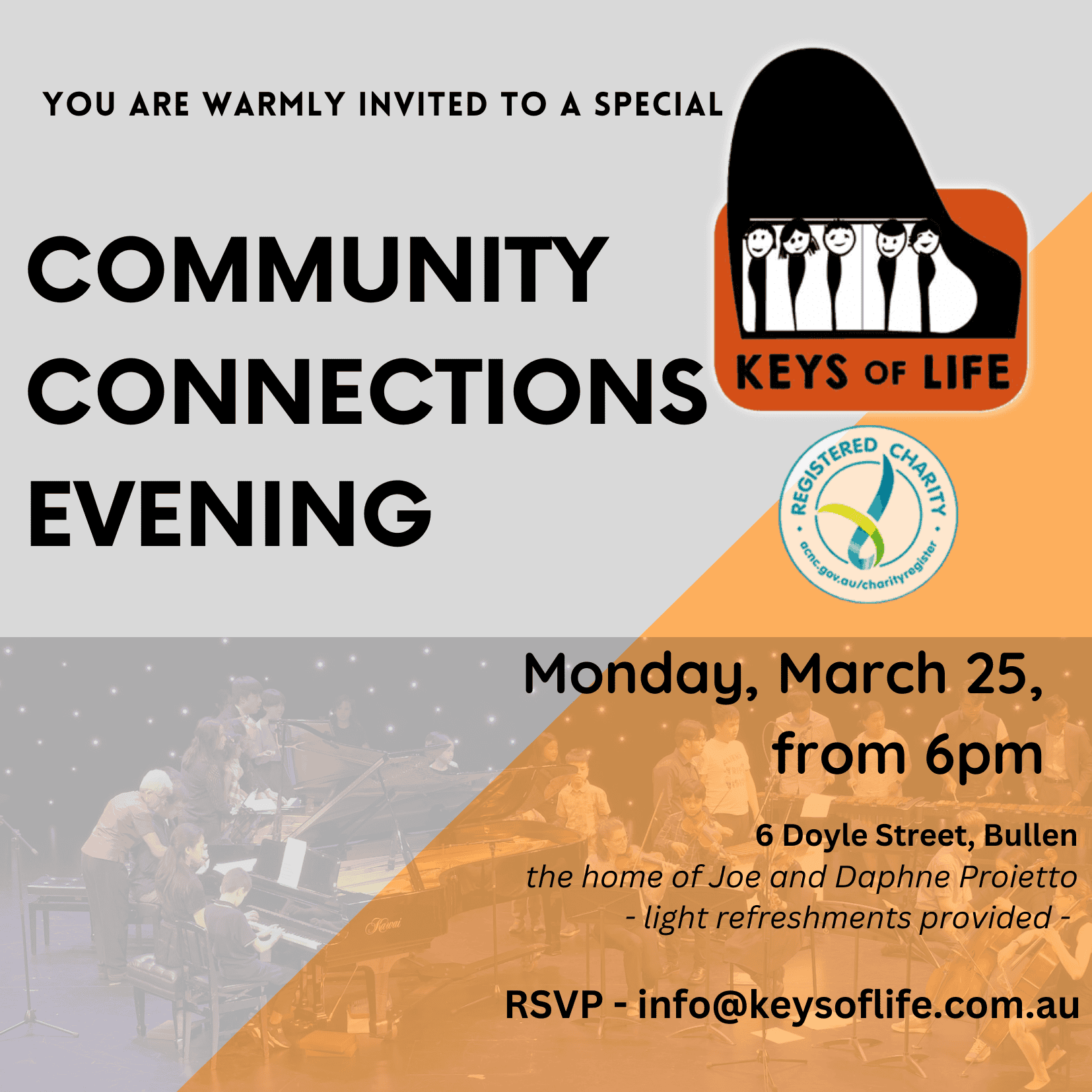
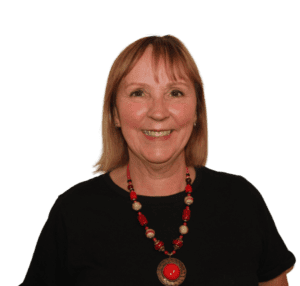 Welcome Carmel Jacobsen
Welcome Carmel Jacobsen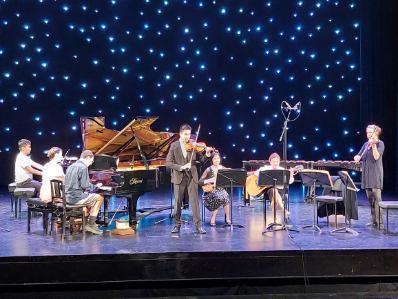
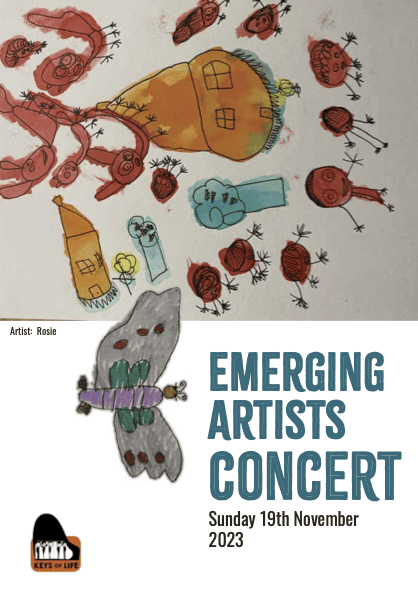
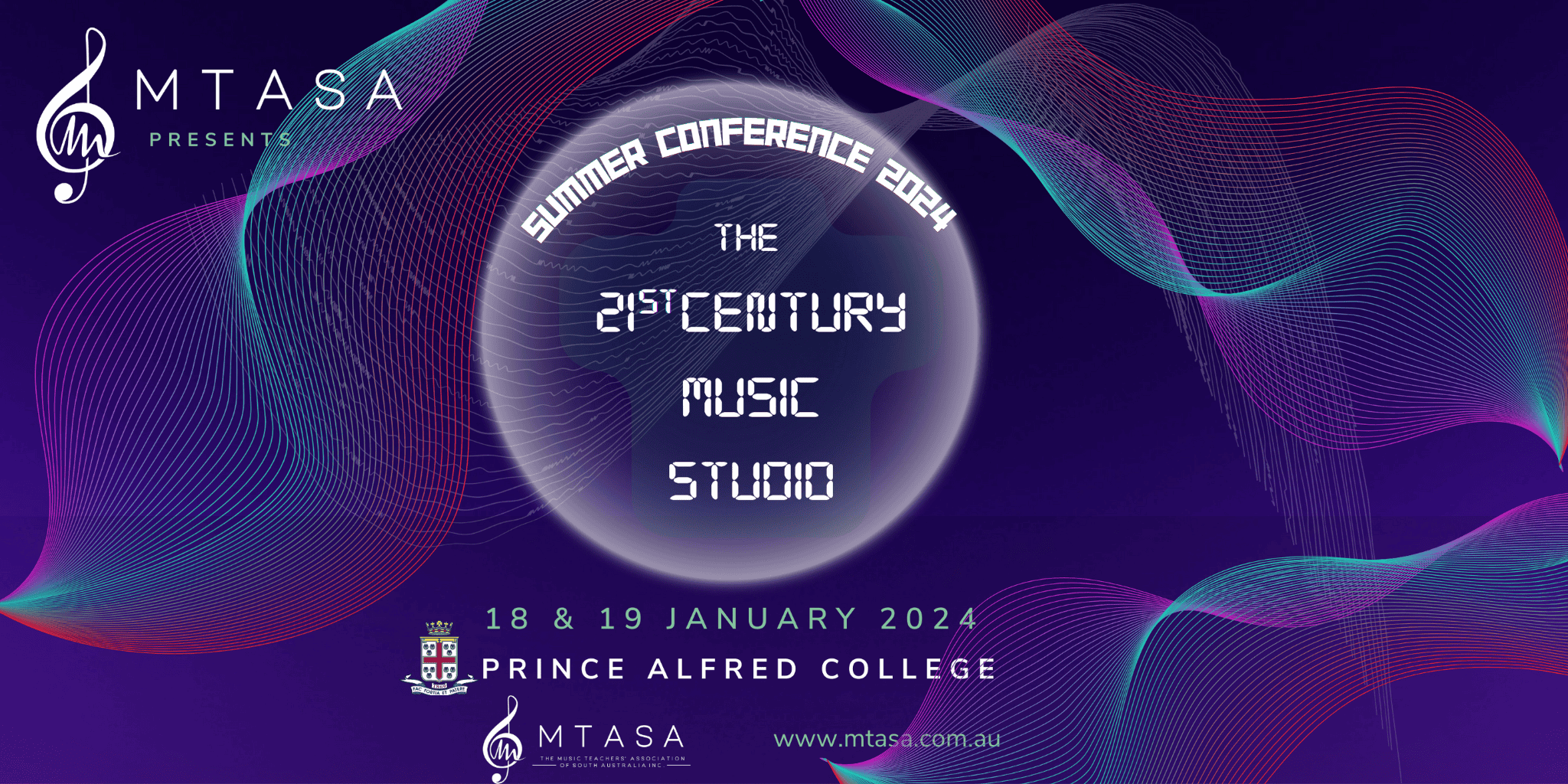
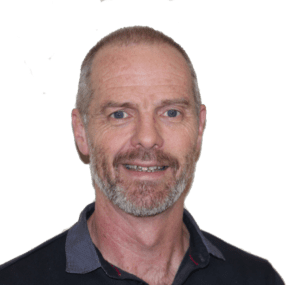 Board farewells
Board farewells